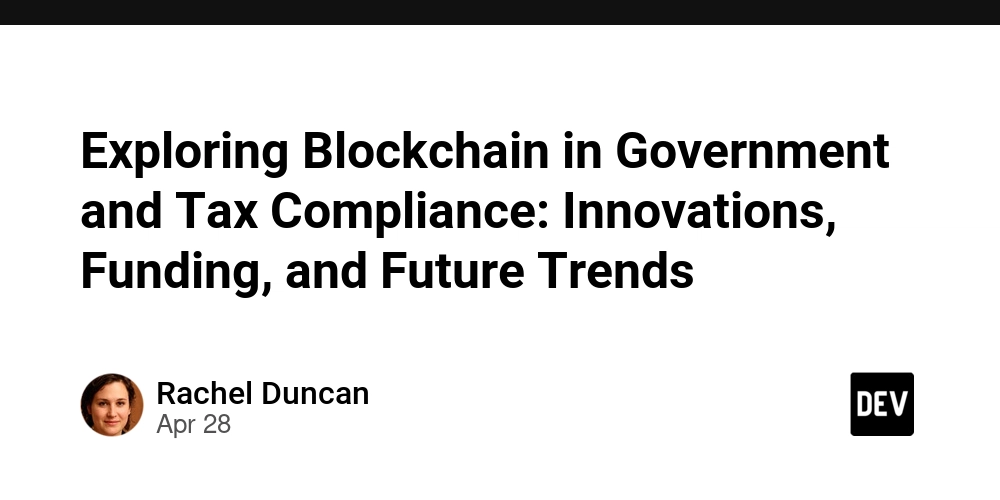What Will the World of Programmers Look Like in 10–15 Years?
Technology is evolving at an exponential pace, and naturally, the programming profession and its skill requirements will change dramatically over the next decade. Which developers will be in demand? Which programming languages will fade away, and which will become standards? What will salaries look like compared to other professions? Let’s dig into the forecasts. Demand for Developers in 10–15 Years All major forecasts agree on one thing: the demand for developers will continue to grow. According to the World Economic Forum (WEF), IT specialists will remain among the most in-demand professionals at least until 2040. However, the nature of the work will evolve: less repetitive coding, more solution-building, creativity, integration with artificial intelligence (AI), and systems architecture expertise. Which Specializations Will Dominate? Artificial Intelligence (AI) Engineers AI is already the main driver of technological innovation and will become even more critical in the future. Specialists capable of building, optimizing, and integrating AI systems will be highly sought after. Cybersecurity Experts As cyber threats increase, cybersecurity architects, ethical hackers, and systems protection engineers will become even more vital. Cloud Engineers and DevOps Specialists With the expansion of cloud computing, managing IT infrastructure will be increasingly critical. Blockchain Developers Despite market fluctuations in cryptocurrencies, decentralized applications (smart contracts, tokenization) will steadily grow. Robotics and IoT Developers Robotics and Internet of Things (IoT) will spread widely across industries — from healthcare to industrial automation. Biotech and Healthtech Developers Bioinformatics and health technologies will become major sectors, requiring highly specialized technical solutions. Programming Languages: Which Ones Will Decline? Likely to Decline: PHP – Already losing market share, likely to become a niche language for maintaining legacy systems. Perl – Practically vanishing, used almost exclusively for maintaining old systems. Objective-C – Superseded by Swift, used mainly for maintaining older Apple projects. Ruby – Though still used (e.g., Ruby on Rails), its popularity is decreasing year by year. C++ (partially) – Will remain important for certain areas (e.g., gaming, embedded systems) but will decline in general-purpose usage. Languages Set to Dominate: Python – Will remain a dominant language due to its versatility (AI, data science, backend, automation). JavaScript / TypeScript – Will continue to dominate the web and mobile development sectors, with TypeScript growing even faster. Go – Will rise thanks to its simplicity and performance in cloud computing and server technologies. Rust – Valued for its security and performance; likely to become the standard for safe systems programming. Kotlin – Will remain a major choice for Android and backend development as a modern alternative to Java. Swift – Will continue dominating iOS/macOS development. Interestingly, SQL and other database query languages will remain crucial, as the world’s appetite for data shows no signs of slowing down. What Will Developer Salaries Look Like? According to current projections: Average Developer Salary Worldwide by 2035–2040 will be about $120,000–$150,000 per year (with the U.S. market already approaching these levels). Highly Skilled Specialists (AI engineers, blockchain architects) could earn $200,000+ annually. Junior positions will also see salary growth, although not as sharply as senior roles. Compared to other professions: Developers will earn on average 2–3 times more than healthcare, education, or service sector workers. Only top executives (C-level) and some financial sector professionals will consistently out-earn senior developers. Interesting Facts 90% of the world’s existing code has been written in just the past two years. Over 65% of developers learn at least one new language or technology each year. AI already writes about 5–10% of certain types of code automatically, but humans are still needed for optimization and integration. According to GitHub, TypeScript project growth in 2024 was the fastest in platform history. By 2035, it’s expected there will be a shortage of about 85 million IT professionals worldwide. Answers to the Most Popular Programming Questions Will programming jobs be automated? Not entirely. Simple tasks will be automated, but creative problem-solving, system architecture, and AI training will remain firmly human domains. Which language is best for long-term career growth? Python, Go, TypeScript, and Rust. These languages are growing rapidly and have very broad applications. Is it worth starting to learn programming in 2025? Absolutely. The IT market will have a high demand for at least another 20 years. New specializations only expand opportunities. What skills will matter more than knowing specific languages? Problem-solving abilit

Technology is evolving at an exponential pace, and naturally, the programming profession and its skill requirements will change dramatically over the next decade. Which developers will be in demand? Which programming languages will fade away, and which will become standards? What will salaries look like compared to other professions? Let’s dig into the forecasts.
Demand for Developers in 10–15 Years
All major forecasts agree on one thing: the demand for developers will continue to grow. According to the World Economic Forum (WEF), IT specialists will remain among the most in-demand professionals at least until 2040. However, the nature of the work will evolve: less repetitive coding, more solution-building, creativity, integration with artificial intelligence (AI), and systems architecture expertise.
Which Specializations Will Dominate?
Artificial Intelligence (AI) Engineers
AI is already the main driver of technological innovation and will become even more critical in the future. Specialists capable of building, optimizing, and integrating AI systems will be highly sought after.
Cybersecurity Experts
As cyber threats increase, cybersecurity architects, ethical hackers, and systems protection engineers will become even more vital.
Cloud Engineers and DevOps Specialists
With the expansion of cloud computing, managing IT infrastructure will be increasingly critical.
Blockchain Developers
Despite market fluctuations in cryptocurrencies, decentralized applications (smart contracts, tokenization) will steadily grow.
Robotics and IoT Developers
Robotics and Internet of Things (IoT) will spread widely across industries — from healthcare to industrial automation.
Biotech and Healthtech Developers
Bioinformatics and health technologies will become major sectors, requiring highly specialized technical solutions.
Programming Languages: Which Ones Will Decline?
Likely to Decline:
PHP – Already losing market share, likely to become a niche language for maintaining legacy systems.
Perl – Practically vanishing, used almost exclusively for maintaining old systems.
Objective-C – Superseded by Swift, used mainly for maintaining older Apple projects.
Ruby – Though still used (e.g., Ruby on Rails), its popularity is decreasing year by year.
C++ (partially) – Will remain important for certain areas (e.g., gaming, embedded systems) but will decline in general-purpose usage.
Languages Set to Dominate:
Python – Will remain a dominant language due to its versatility (AI, data science, backend, automation).
JavaScript / TypeScript – Will continue to dominate the web and mobile development sectors, with TypeScript growing even faster.
Go – Will rise thanks to its simplicity and performance in cloud computing and server technologies.
Rust – Valued for its security and performance; likely to become the standard for safe systems programming.
Kotlin – Will remain a major choice for Android and backend development as a modern alternative to Java.
Swift – Will continue dominating iOS/macOS development.
Interestingly, SQL and other database query languages will remain crucial, as the world’s appetite for data shows no signs of slowing down.
What Will Developer Salaries Look Like?
According to current projections:
Average Developer Salary Worldwide by 2035–2040 will be about $120,000–$150,000 per year (with the U.S. market already approaching these levels).
Highly Skilled Specialists (AI engineers, blockchain architects) could earn $200,000+ annually.
Junior positions will also see salary growth, although not as sharply as senior roles.
Compared to other professions:
Developers will earn on average 2–3 times more than healthcare, education, or service sector workers.
Only top executives (C-level) and some financial sector professionals will consistently out-earn senior developers.
Interesting Facts
90% of the world’s existing code has been written in just the past two years.
Over 65% of developers learn at least one new language or technology each year.
AI already writes about 5–10% of certain types of code automatically, but humans are still needed for optimization and integration.
According to GitHub, TypeScript project growth in 2024 was the fastest in platform history.
By 2035, it’s expected there will be a shortage of about 85 million IT professionals worldwide.
Answers to the Most Popular Programming Questions
Will programming jobs be automated?
Not entirely. Simple tasks will be automated, but creative problem-solving, system architecture, and AI training will remain firmly human domains.
Which language is best for long-term career growth?
Python, Go, TypeScript, and Rust. These languages are growing rapidly and have very broad applications.
Is it worth starting to learn programming in 2025?
Absolutely. The IT market will have a high demand for at least another 20 years. New specializations only expand opportunities.
What skills will matter more than knowing specific languages?
Problem-solving ability, working with AI tools, teamwork, and the ability to learn new technologies quickly.
Conclusion
A career in programming by 2040 promises to be even more crucial and profitable than today. However, to remain competitive, continuous learning, adaptability, and specialization in high-growth areas like AI, cloud computing, and cybersecurity will be essential.

_Vladimir_Stanisic_Alamy.jpg?width=1280&auto=webp&quality=80&disable=upscale#)






































































![Apple Seeds watchOS 11.5 Beta 4 to Developers [Download]](https://www.iclarified.com/images/news/97147/97147/97147-640.jpg)
![Apple Seeds visionOS 2.5 Beta 4 to Developers [Download]](https://www.iclarified.com/images/news/97150/97150/97150-640.jpg)
![Apple Seeds tvOS 18.5 Beta 4 to Developers [Download]](https://www.iclarified.com/images/news/97153/97153/97153-640.jpg)


































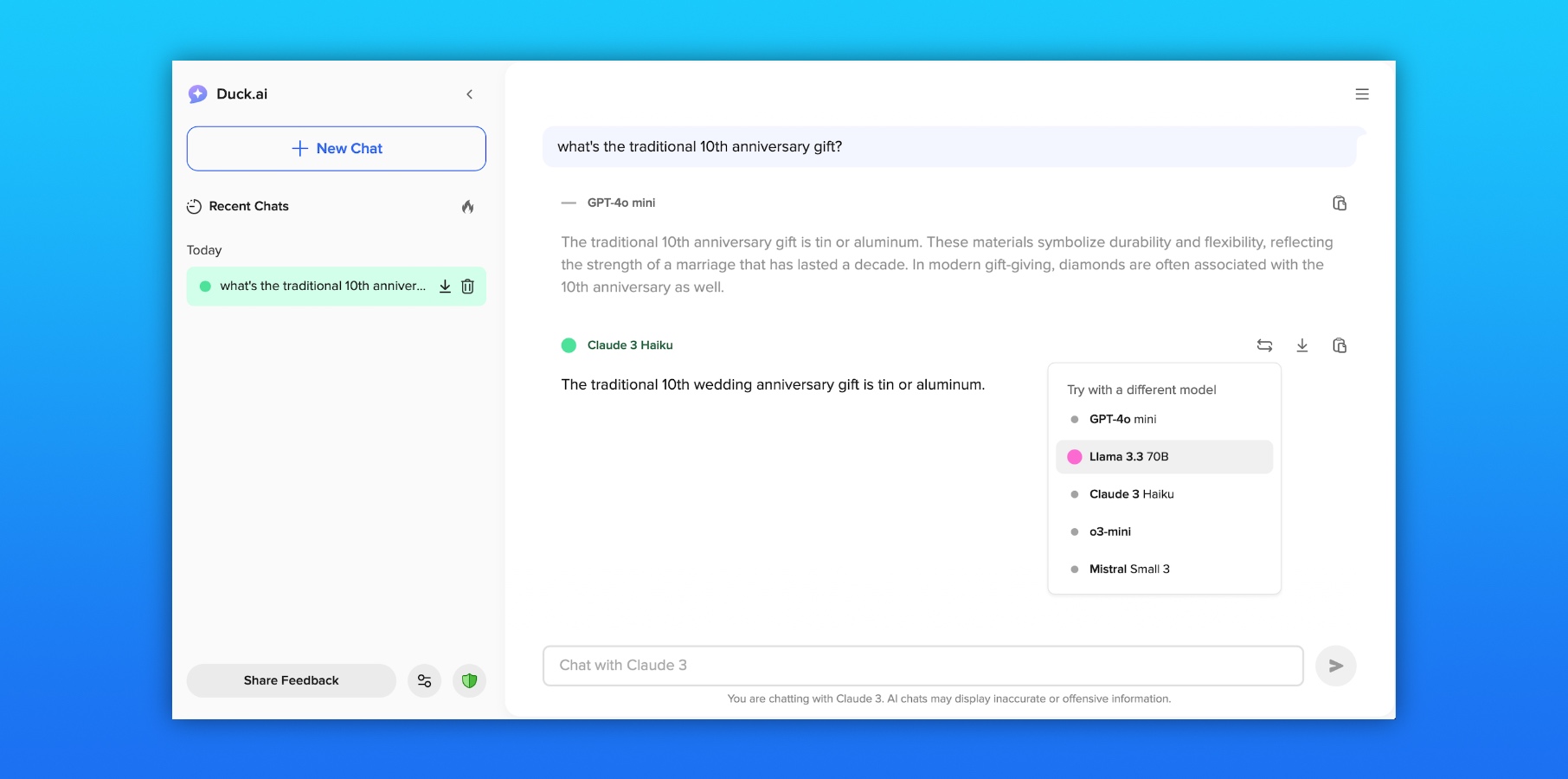











































































































































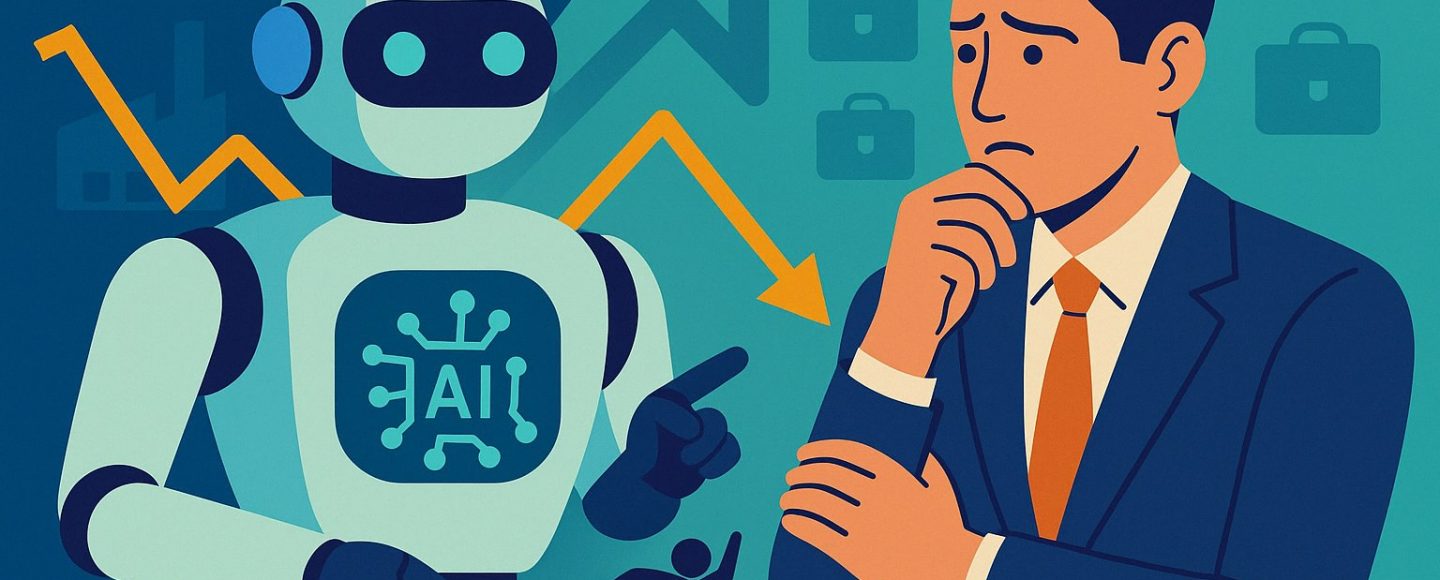






















































![[The AI Show Episode 145]: OpenAI Releases o3 and o4-mini, AI Is Causing “Quiet Layoffs,” Executive Order on Youth AI Education & GPT-4o’s Controversial Update](https://www.marketingaiinstitute.com/hubfs/ep%20145%20cover.png)

![[The AI Show Episode 144]: ChatGPT’s New Memory, Shopify CEO’s Leaked “AI First” Memo, Google Cloud Next Releases, o3 and o4-mini Coming Soon & Llama 4’s Rocky Launch](https://www.marketingaiinstitute.com/hubfs/ep%20144%20cover.png)

















































































































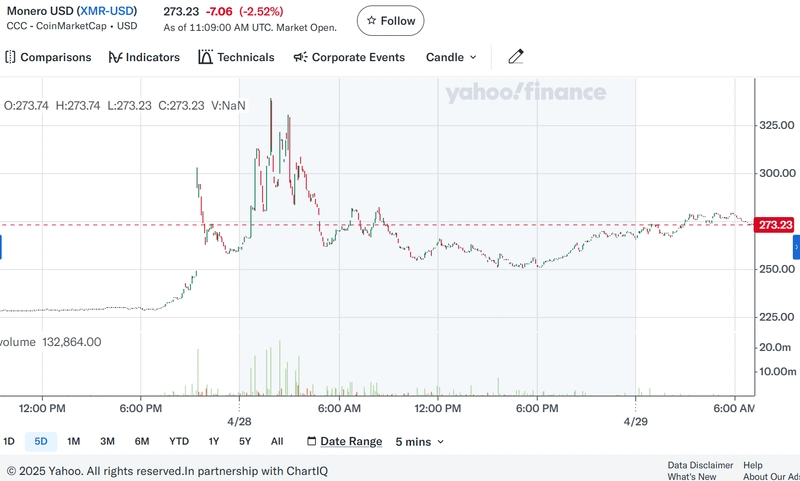
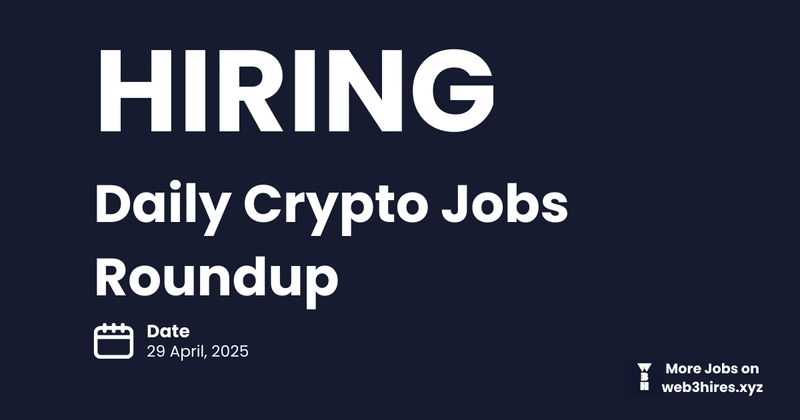
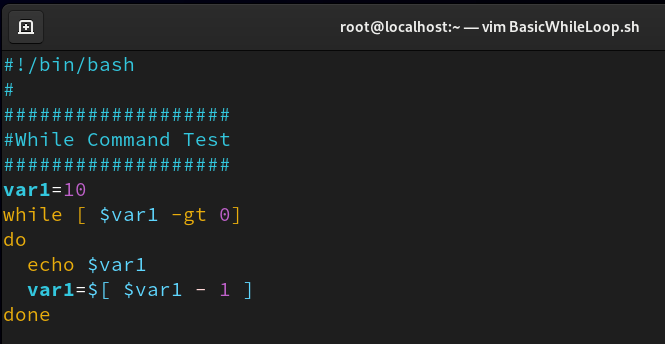



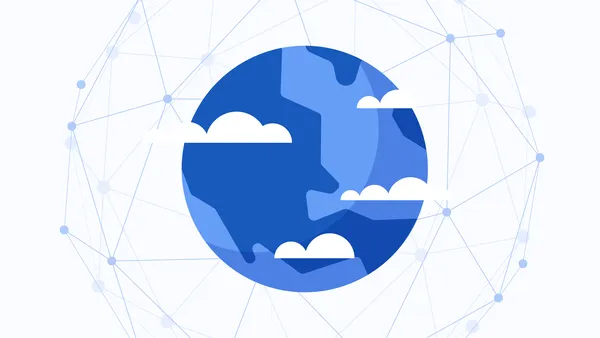







































































.png?width=1920&height=1920&fit=bounds&quality=70&format=jpg&auto=webp#)

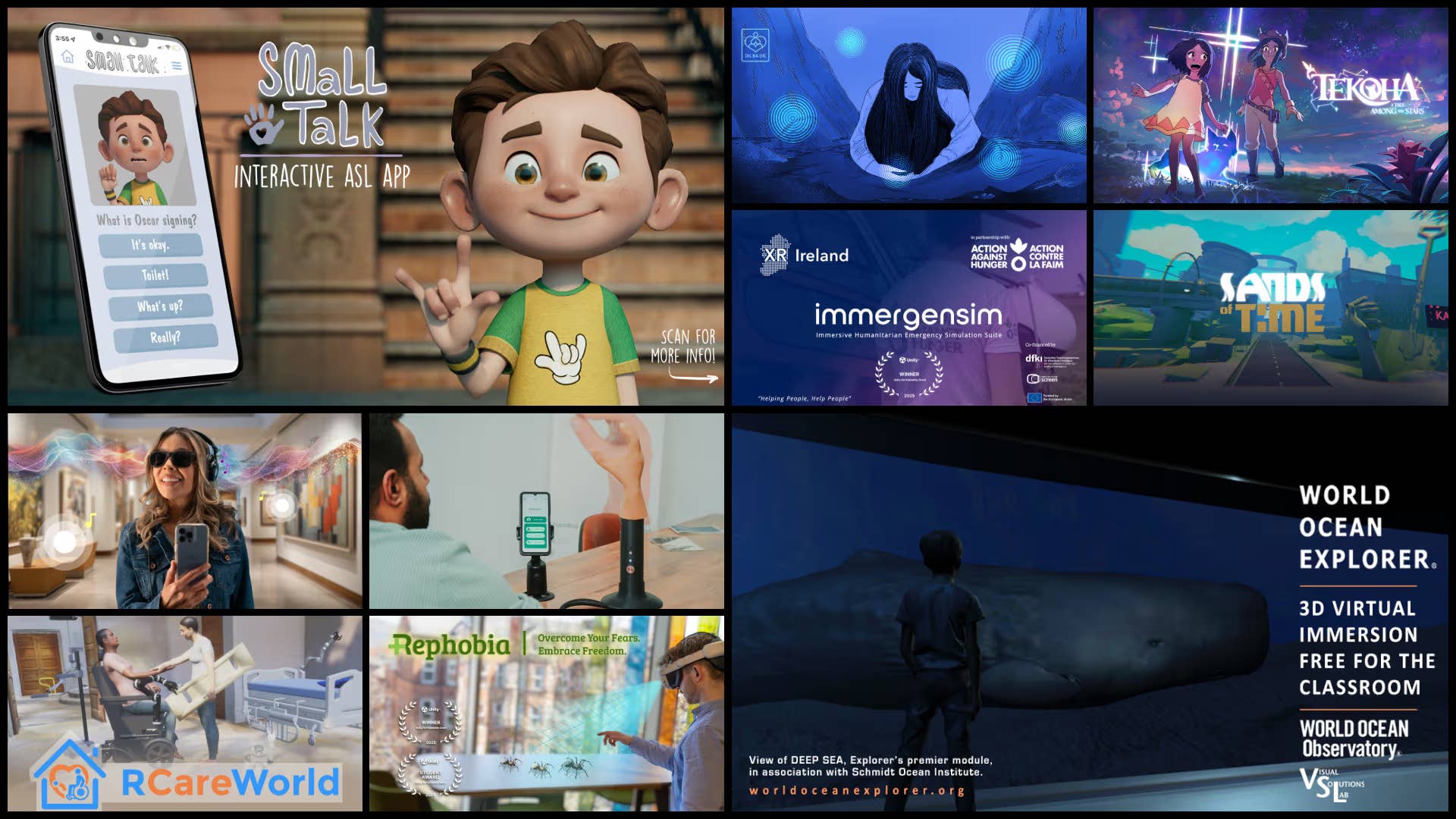



.jpg?#)



























































